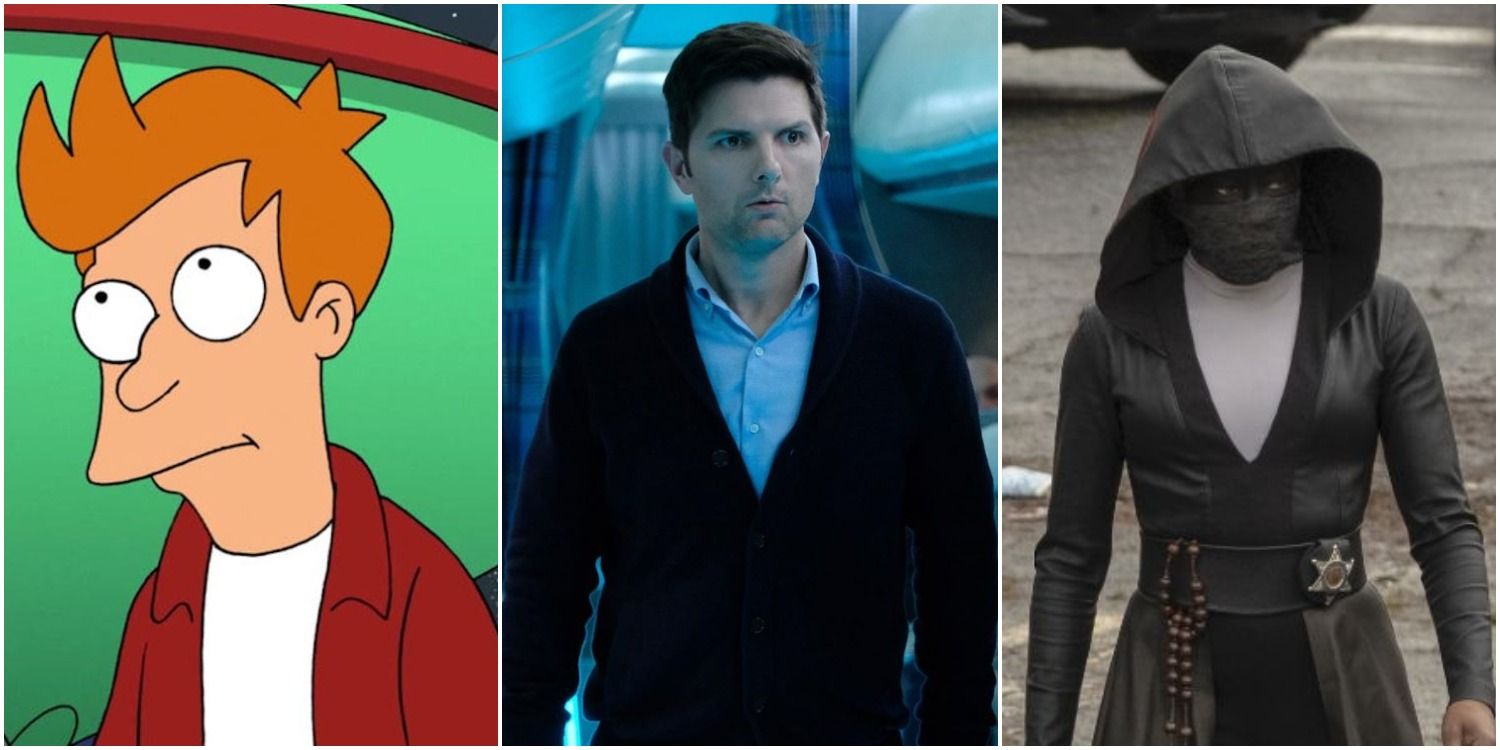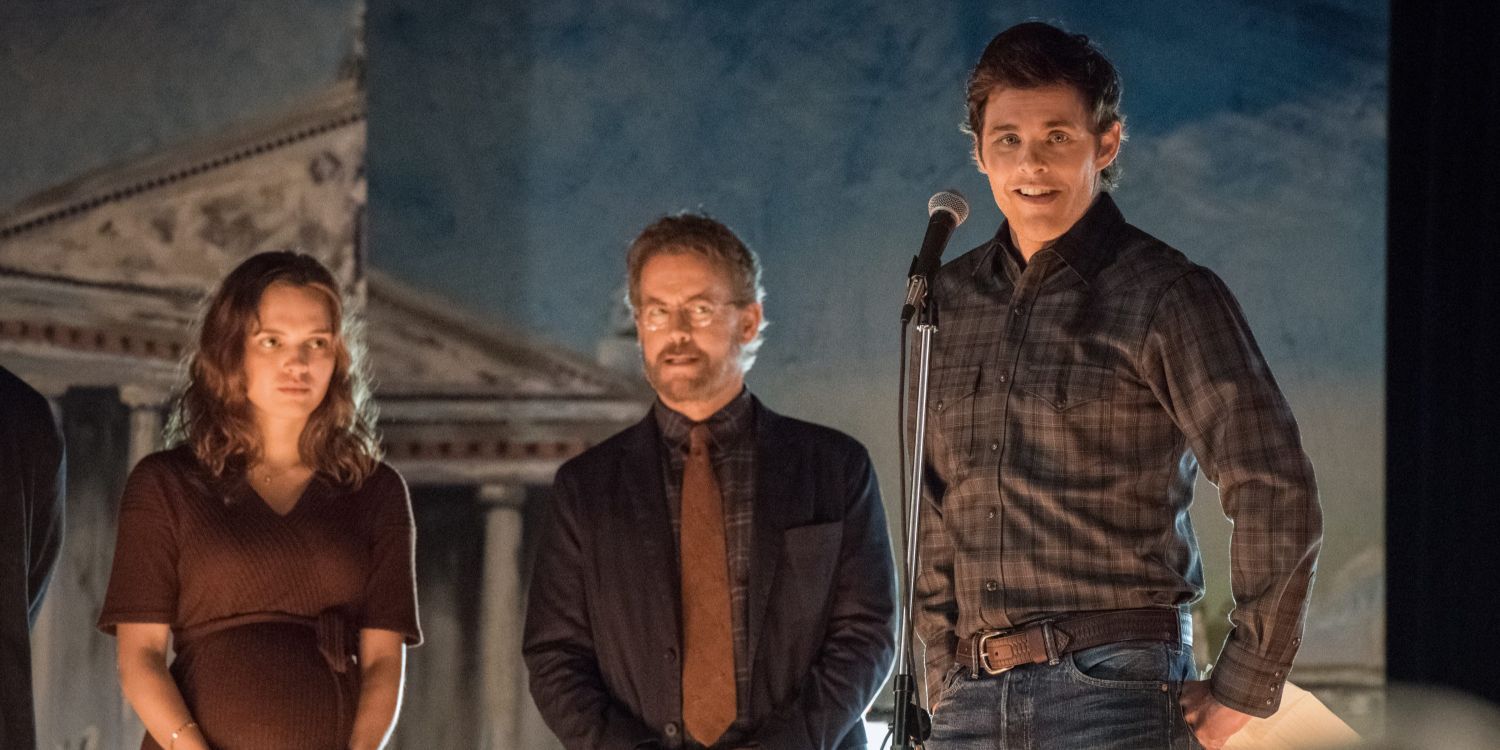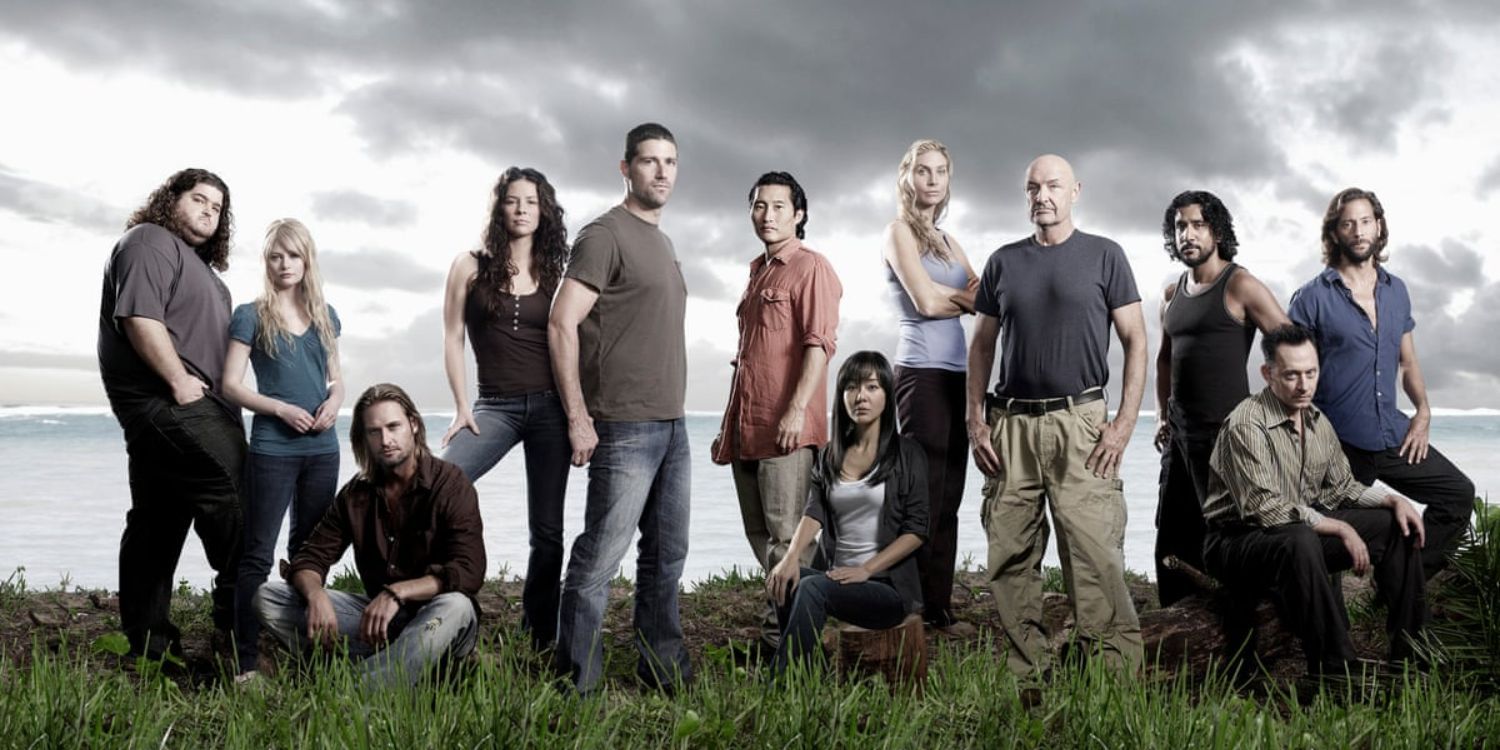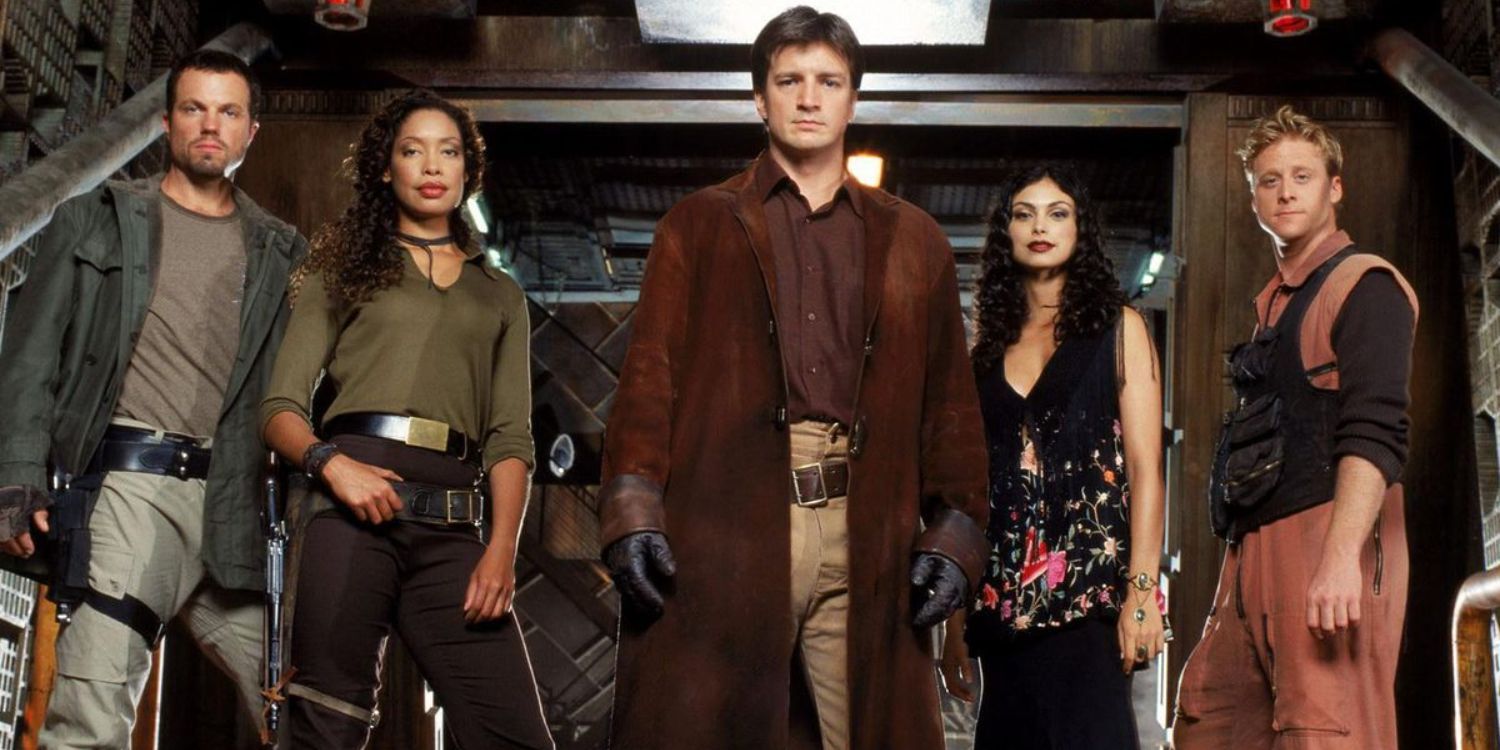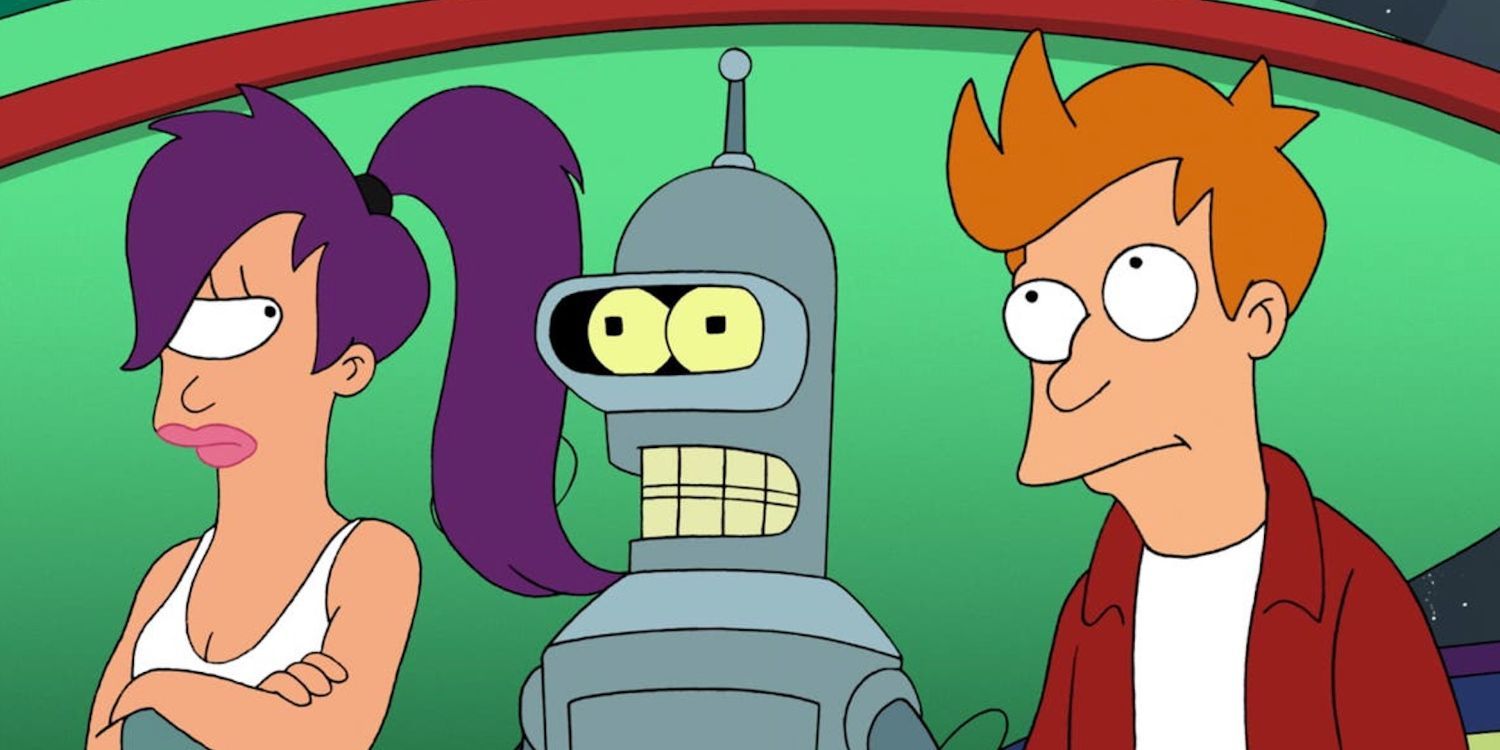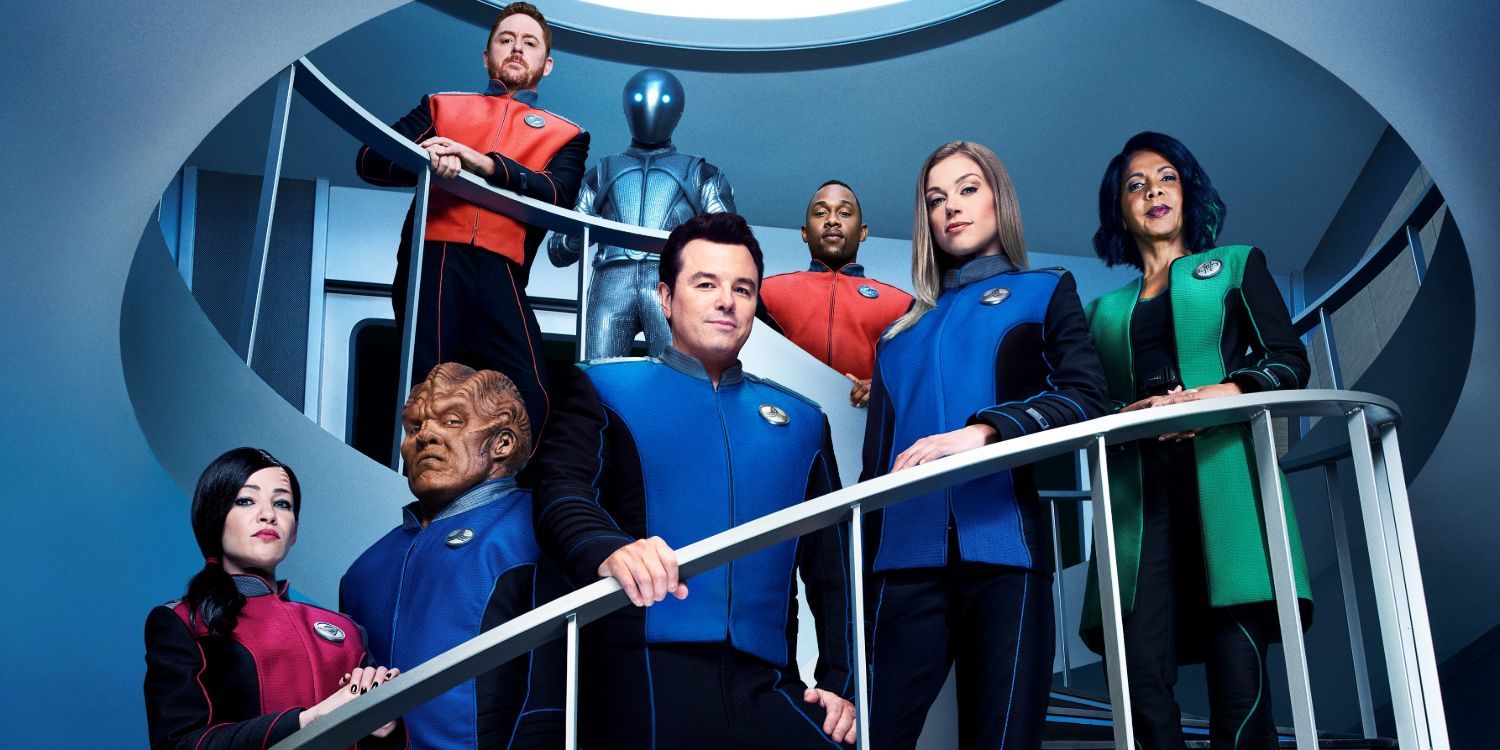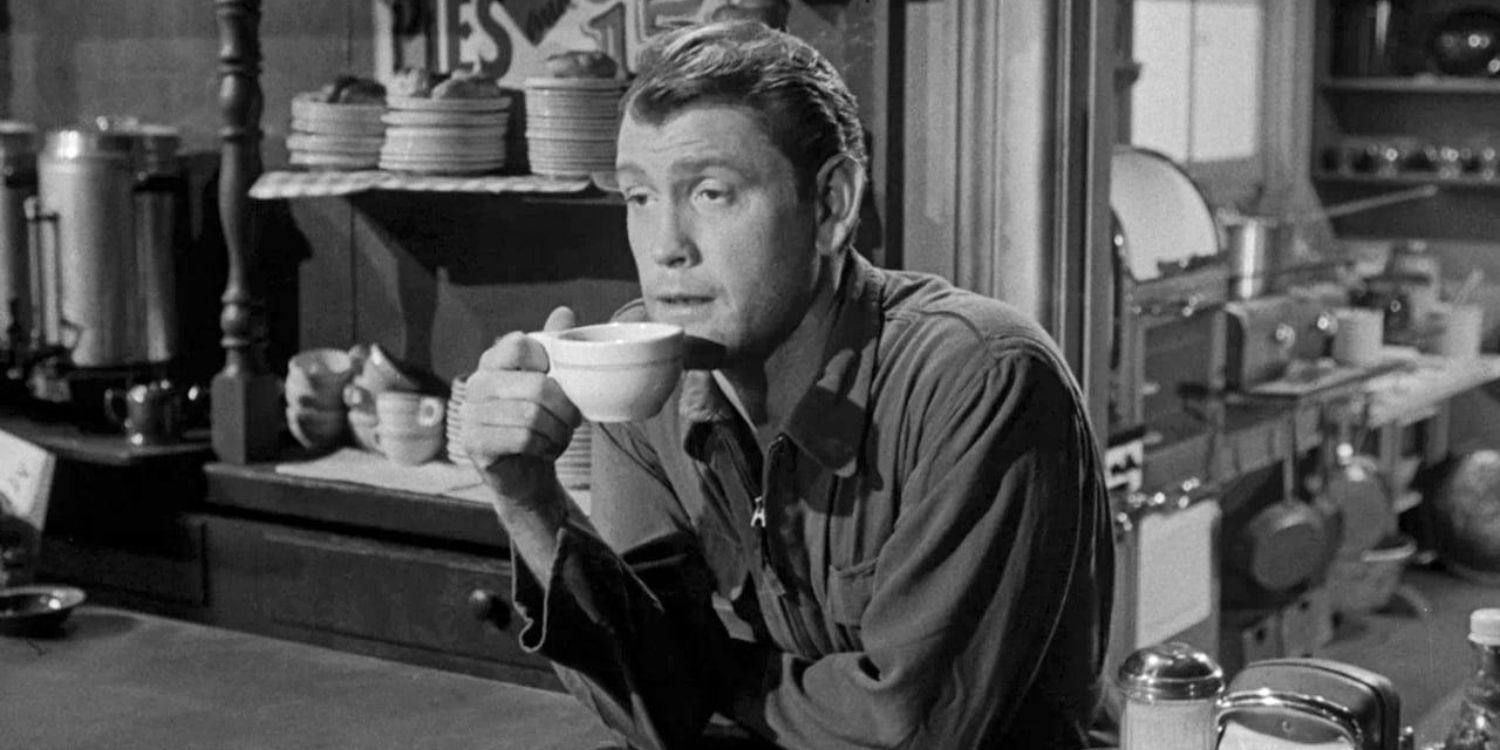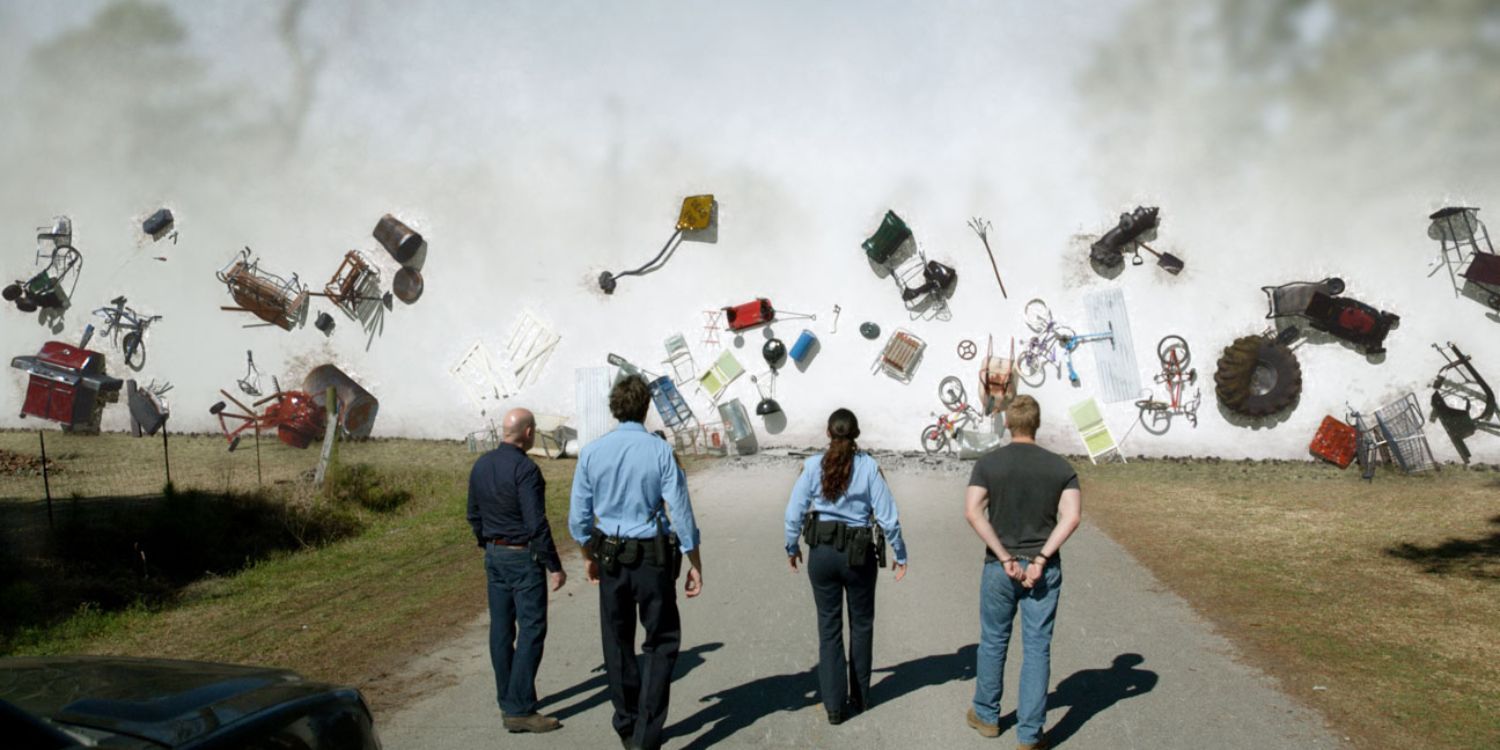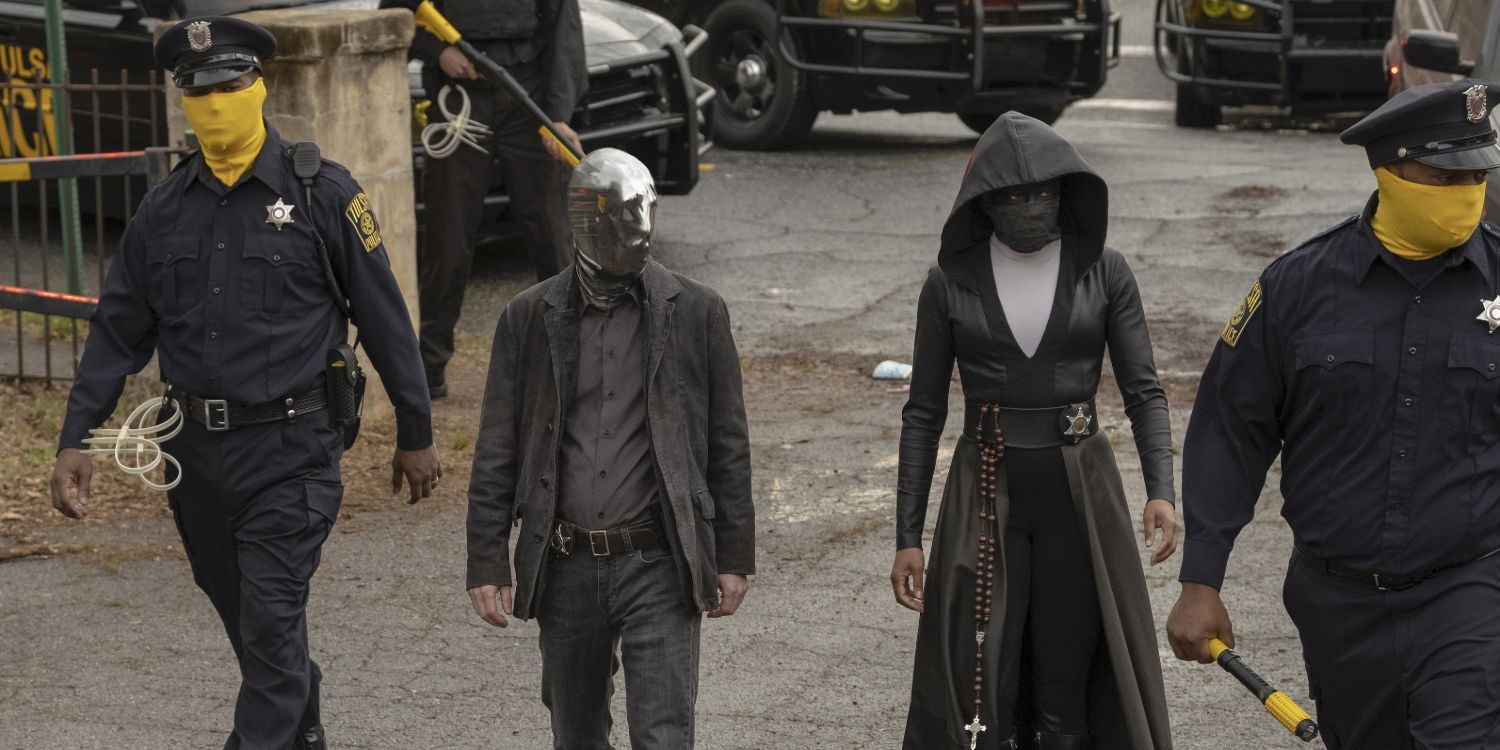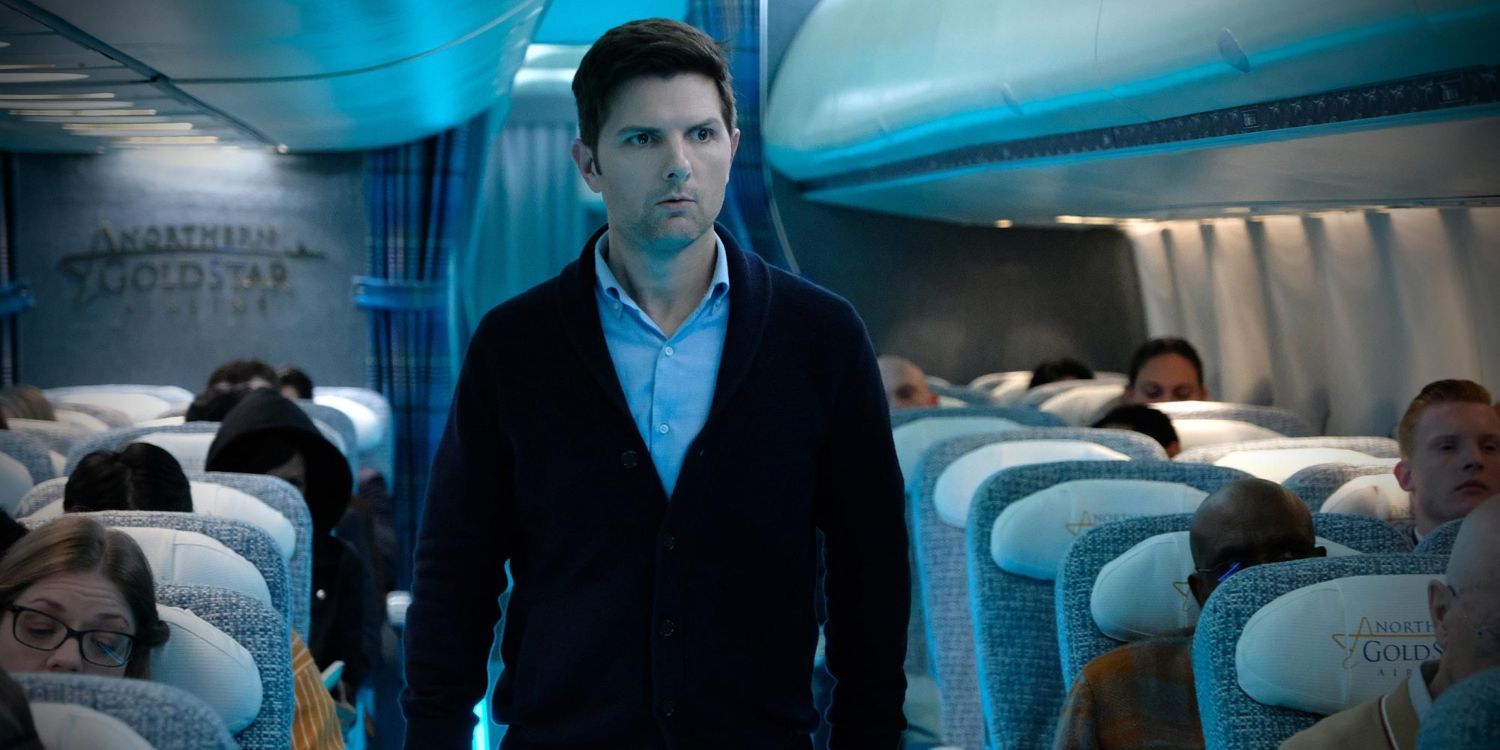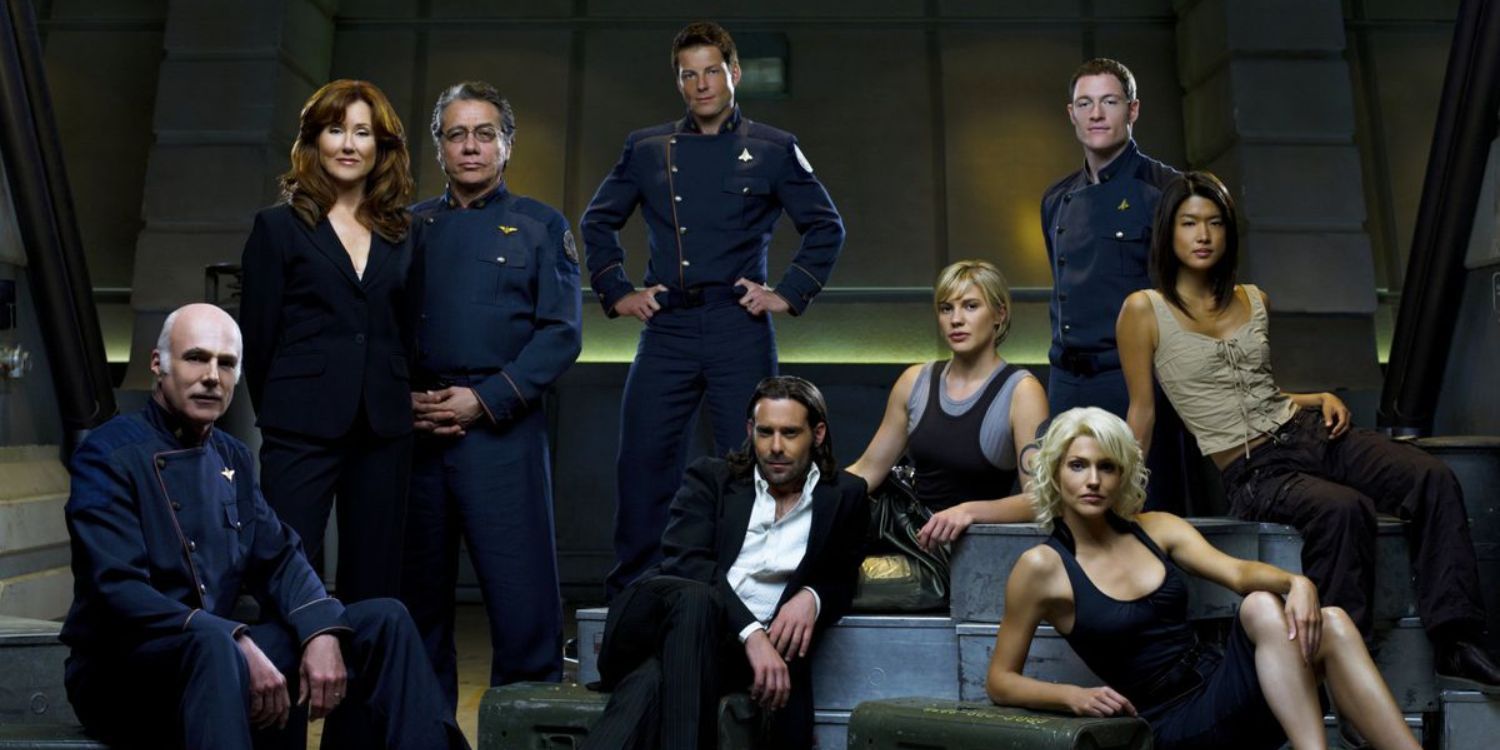Television has always been a great medium for exploration. While the majority of shows exist in the formatting structures of yesteryear, some series seem stuck within their limits, unable to find ways to startle and excite. On the other hand, there have been notable exceptions that have found freedom within limitations, relying on the verve and wit of their creators and writers to feel like something new.
Science fiction should, above all, be an opportunity to explore. Time and again, the genre has been squandered in favor of caricature or overused plotlines, but it takes the good with the bad, and audiences can remain optimistic that there will always be something new around the corner. Whether it will be good or not, remains to be seen.
10 FAIL: Living Through The Stand (2020)
Despite the pedigree involved, the 2020 miniseries The Stand fails to live up to its namesake. The book tells the story of a particularly deadly strain of influenza known as Captain Trips as it rips through the United States. What starts as a panoramic view of people in times of crisis becomes something much larger and mythical, while still, at its core, focusing on the individuals whose paths cross while trying to survive. The source material by Stephen King is timeless in many ways, but 2020 did not need another good versus evil narrative set during a pandemic. The series felt timely in all the wrong ways and offered a reductive perspective on how to handle the end of the world.
9 SUCCESS: When Being Confused was a Good Thing for Lost (2004)
One of the strengths of Lost (2004) was that it wore its influences on its sleeves. There was something refreshingly assured about Lost, which appeared right out the gate as an interesting situation that blew up into a whole universe of rules, touching upon the works of Stephen King, The Twilight Zone, Flannery O'Connor, and almost anything else you can think of.
What made the show work though was the flashbacks which bolstered the present narrative with rich detail. While the current era of television seems bent on flashing back at every moment, Lost did so with grace, and it was compelling to watch.
8 FAIL: Cardboard Cowboys in Firefly (2002)
Before the Whedon brand was tarnished, there was a time when everything that Joss Whedon touched was praised upon arrival. His stamp meant embracing tropes and traditions of genre while subverting with a knowing wink to the viewer. It was with the stone-cold classic series Buffy the Vampire Slayer (1997) that people all over felt that they too were a part of the Scooby Gang.
On the other hand, Firefly (2002) – which was canceled after one season and given a feature film to wrap up loose ends – comes across as a weak riff on Han Solo's side adventures and an undaring version of Cowboy Bebop. Although the cast was good, the show just seemed like a pale version of other, better versions of the same thing.
7 SUCCESS: Navigating the Highbrow and the Lowbrow in Futurama (1999)
Since premiering in 1999, Futurama has been canceled twice, and renewed for four movies (which then became broken up into a season's worth of material) and is now coming back to Hulu with 20 new episodes scheduled for 2023. Unsurprisingly, syndicated reruns on various networks and timeless jokes are why Futurama's never lost its shine despite having been off the air for years now.
Borrowing only stylistically from The Simpsons, the show is surprisingly deft at maneuvering from light joke-heavy riffs on Star Trek or The Twilight Zone, to heavy, artfully done episodes that stand up there with the best of the best. It is the first of its kind, a well-animated, well-written series about heady subject matter done entertainingly and enjoyably.
6 FAIL: Haven't We Seen The Orville (2017) Before?
The Orville might sound like something exciting and different on paper, but in execution, Seth MacFarlane's glorified Star Trek homage is mostly a by-the-numbers affair. Pegged as a "comedy" in almost every instance of its mention, one would reasonably expect the show to be akin to the likes of Galaxy Quest or Red Dwarf.
Instead, the series comes across as a spinoff of Star Trek with not enough of its own formula to warrant existing in the first place. With nothing new added to the mix, except the sense that there is an unexplored opportunity to do something really funny and different, it's a shame that The Orville doesn't use its platform to try subverting expectations.
5 SUCCESS: Timeless Terror in The Twilight Zone (1959)
Although the notion of the anthology series existed well before it, The Twilight Zone (1959) was a turning point for the capabilities of the format. Each episode was a self-contained unit promising intrigue, mystery, and possibly horror. There were unknowable twists and turns, and those iconic, perfectly delivered monologues by the show's creator, host, and head writer, Rod Serling.
Even now, if one were to watch any of the 156 episodes that comprise the series, there are startling surprises to be found, whether in the keen perceptiveness of human behavior, or the sheer inventiveness of the writers. The Twilight Zone wasn't only concerned with morality plays, but universal human themes, despite being rendered in unique and interesting ways, are central to the show's staying power after all these years.
4 FAIL: Trapped Under the Dome (2013)
What started as an interesting premise, taken from the Stephen King novel of the same name, soon found itself struggling to invent new narrative pathways for its characters. While the premise of people trapped in a single location is not new for television, Under the Dome found new and interesting ways to add curiosity to the goings-on in Chester's Mill.
The narrative sharpened its focus over three seasons, but the last seasons made it clear that King was smart to end the novel where he did. The show went wild with an egg that would transform people into an alien race but threw everything at the wall to see what would stick. The result is a mess that had its fair share of exciting moments but felt a little too hokey to be as intriguing as it initially seemed to be.
3 SUCCESS: Everybody Should Be Watching the Watchmen (2019)
People were rightly skeptical before Watchmen premiered back in 2019. Alan Moore had foresworn any future adaptations of his work, and the Zack Snyder adaptation did little to advance the case for a cinematic adaptation. Then there was the matter of Damon Lindelof, who people still blame for how Lost ended, deciding to make the new series an unsanctioned spiritual successor to the original.
HBO's Watchmen shouldn't have worked, but it did. It was full of references and nods to Moore's creations but found a timely way to make the story relevant for a modern audience. The series was audacious, exciting, complex, and thankfully, ended at the right time.
2 FAIL: Nothing New in The Twilight Zone (2019)
The Twilight Zone reboot appeared in the wake of not just the original, which is still just as good as ever, but in the face of newer anthology series with a similar model, most notably, Black Mirror. With Jordan Peele behind the return, The Twilight Zone has remixed many of the former edition's concepts and sought to forge new territory. Overall, a lackluster set of stories and performances fail to give the story the edge that it once had. While the new edition didn't sully the reputation of the original, it doesn't have the bite to justify its existence.
1 SUCCESS: The Politics of Battlestar Galactica (2004)
When Battlestar Galactica premiered in 2004, it seemed like the best show that nobody knew about. It was an immediate cult success, but a hard sell, foregoing aliens and major effects-laden worlds, in favor of a human-centric narrative. What makes BSG such a fantastic show is that the stakes are palpably felt right from the jump, and decisions have weighty repercussions. Decision-making in this world costs lives. BSG was a political show, full of debates and diplomacy, but it also felt like something new, that hadn't been done with the same intelligence.

